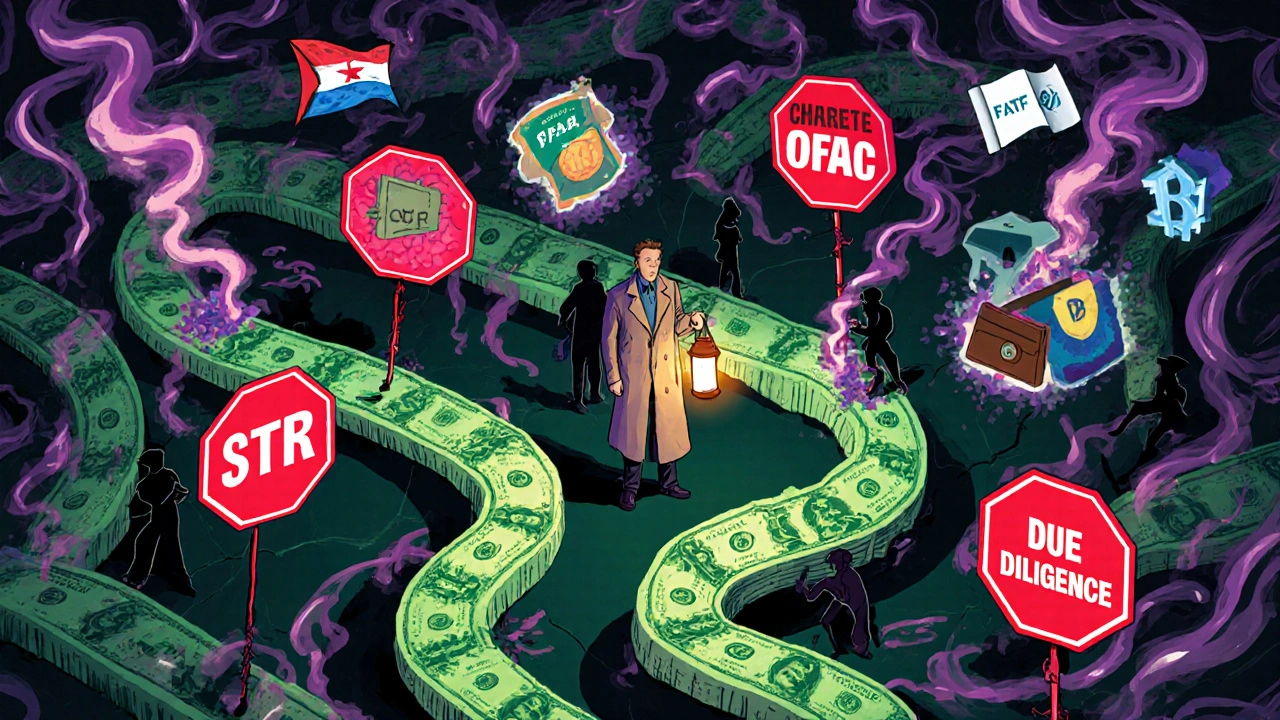CTF Reporting: What It Is, Who Needs It, and How to Get It Right
When you hear CTF reporting, Corporate Transparency Act reporting, a U.S. federal requirement for businesses to disclose who truly owns or controls them. Also known as beneficial ownership reporting, it’s not about taxes—it’s about stopping criminals from hiding money behind shell companies. Starting in 2024, thousands of small businesses, LLCs, and corporations had to start filing this with the Financial Crimes Enforcement Network (FinCEN). If you run a company—even if you’re the only person involved—you might be required to file.
This isn’t just for big corporations. If you’ve ever set up an LLC to hold rental property, run a side hustle, or protect personal assets, you’re likely affected. CTF reporting ties directly to beneficial ownership, the real people who own or control a company, even if they’re not listed on official papers. The government wants to know who those people are: their full name, birth date, address, and an ID number like a driver’s license or passport. It’s simple data, but it’s mandatory. And if you skip it? Fines can hit $500 a day—up to $10,000 total—and even jail time in serious cases.
CTF reporting also connects to anti-money laundering, a global system designed to stop criminals from using businesses to clean dirty money. Before this rule, it was easy for bad actors to create a company in Delaware or Wyoming, hide behind a registered agent, and move cash without a trace. Now, FinCEN has a database that law enforcement can access to track suspicious activity. That’s why even honest business owners have to comply—it’s not about suspicion, it’s about closing loopholes everyone used to exploit.
You don’t need a lawyer to file, but you do need to get the details right. Common mistakes? Using a P.O. Box instead of a physical address, forgetting to list all owners with 25% or more control, or missing the deadline. The filing is free and done online through FinCEN’s portal. Most people finish in under 15 minutes. And once you file, you’re done—unless something changes, like a new owner or address. Then you update it.
What you’ll find in the posts below are real, practical examples of how CTF reporting affects different kinds of businesses. From freelancers with LLCs to small teams using corporate cards for expenses, these stories show what happens when people ignore the rules—and what they do right. You’ll see how CTF reporting fits into broader financial transparency, why it matters even if you think you’re too small to care, and how to avoid the pitfalls that trip up most first-time filers. No jargon. No fluff. Just what you need to know to stay compliant and keep your business running smoothly.
